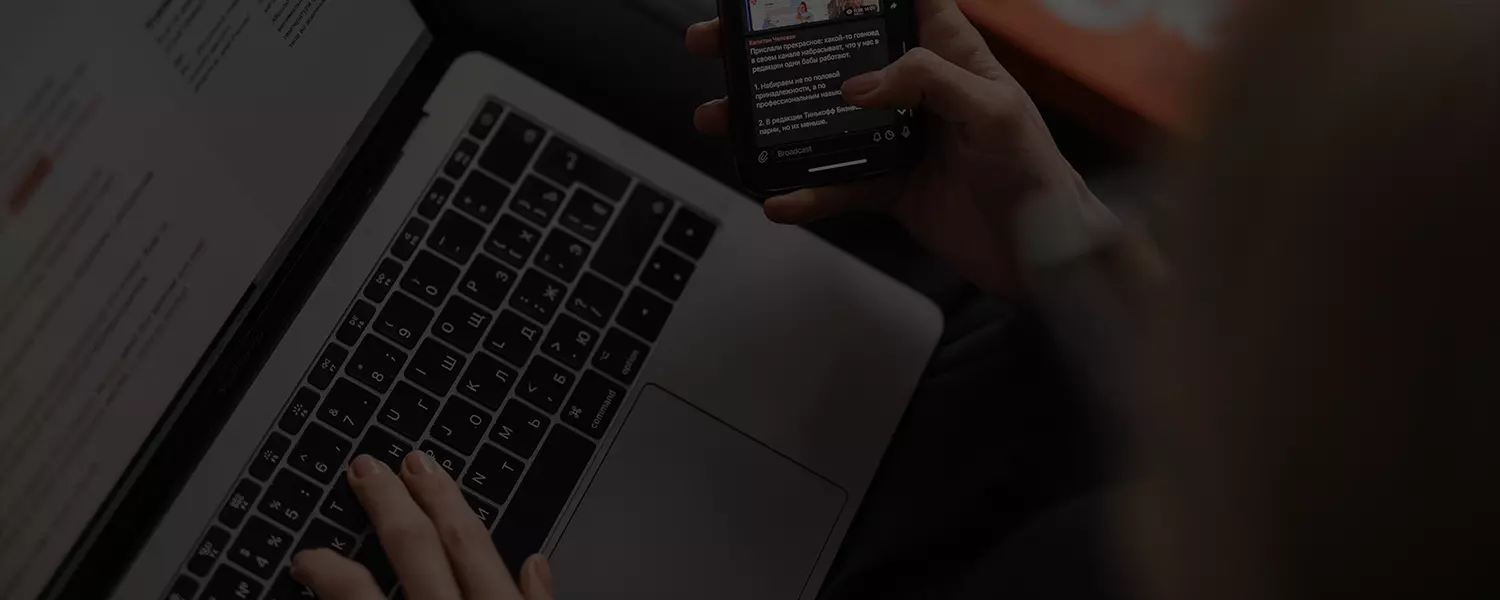
Navigating Queensland’s Towing Laws: A Comprehensive Guide
The rules of the road aren’t limited to just driving. If you’re planning on towing a caravan, boat trailer, horse float, or any other special-purpose trailer, understanding the laws governing such activity is vital for safety and legal compliance. This comprehensive guide aims to clarify the towing laws in Queensland, ensuring that your journey is enjoyable, safe, and within the boundaries of the law.

1. Selecting a Suitable Vehicle and Trailer
One of the cornerstones of safe towing is the pairing of a suitable vehicle with an appropriate trailer. Your vehicle’s owner’s manual often specifies the maximum weight and trailer features suitable for your vehicle – limits that should not be exceeded.
Towing can impact your vehicle’s acceleration, braking performance, control, manoeuvrability, and fuel consumption. Hence, your vehicle’s load should consider the number of passengers, the equipment in the vehicle, modifications to the vehicle, and the load on the trailer. To ensure a smooth journey, consider purchasing supplies and filling water tanks at your destination to reduce the load and support local communities when travelling in regional Queensland.
2. Towing Capacities and Legal Requirements
For vehicles manufactured before 1992, where the manufacturer hasn’t specified a maximum towing capacity, use these capacities as a guide:
- 1.5 times the unloaded mass of the vehicle — if the trailer is fitted with appropriate brakes
- a maximum of 750kg — if the trailer isn’t fitted with brakes.
There are also legal requirements to ensure safety and compliance. The vehicle and trailer must be roadworthy and registered. The trailer must have a lit rear number plate, not obscured by accessories. Towbars and couplings must not cover the vehicle’s number plate or rear lights when the trailer is not connected. In Queensland, only one trailer may be towed at a time, and it is illegal for people to ride in trailers/caravans.
3. Driving Tips While Towing
- Account for the extra length and width of the trailer when manoeuvring and entering traffic.
- Keep in mind the trailer’s tendency to ‘cut in’ on corners and curves.
- Accelerate, brake, and steer smoothly and gently to prevent the trailer from swaying.
- Be aware of the effects of cross-winds, passing traffic, and uneven road surfaces on the trailer.
- Allow longer stopping distances between your vehicle and the one ahead; increase this gap further for longer, heavier trailers and in poor driving conditions.
- When travelling downhill, use a lower gear in both manual and automatic vehicles for better control and to reduce the strain on your brakes.
- Allow extra time and distance for overtaking, and avoid ‘cutting off’ the vehicle you are overtaking when returning to the left lane.
- Consider fitting a reversing camera or have someone guide you when reversing as it can be challenging with a trailer attached.
- Be prepared for your vehicle and trailer to sway when a heavy vehicle overtakes you.
4. New Regulations for Trailers
As of 1 July 2023, all trailers will need to meet full compliance to the relevant Australian Design Rules (ADRs):
- Low Volume Vehicle Identification Numbers (LVV VINs) will not be issued for light trailers by the Queensland Department of Transport and Main Roads after this date.
- Instead, VINs for light trailers will be issued by the Australian Department of Infrastructure, Transport, Regional Development and Communications when certifying a new trailer.
- The VIN is a unique code used to identify individual motor vehicles and trailers.
For detailed information, visit the Australian Department of Infrastructure, Transport, Regional Development and Communications website.
5. Trailer Inspections
In Queensland, light trailers with an aggregate trailer mass (ATM) of 751–4,500kg need a current safety certificate when sold or transferred, or if they’re transferred from interstate registration.
6. Load Safety and Maintenance
Overloading a trailer is both unsafe and illegal. Load must be properly secured to the trailer, and regular maintenance of all towing equipment is mandatory for safe towing. Having professionals check your vehicle and trailer’s roadworthiness and safe condition can provide added peace of mind.
7. Insurance Considerations
In Queensland, most trailers don’t require their own compulsory third-party (CTP) insurance if they’re being towed by a Queensland registered vehicle. This means that your vehicle’s CTP insurance often also covers the trailer you’re towing.
However, it’s essential to check this with your vehicle’s CTP insurer. Always verify whether your existing policy extends coverage to the trailer you’re towing.
On the other hand, comprehensive insurance for your trailer, such as a caravan, may not apply in certain situations. For example:
- If your trailer doesn’t meet Queensland’s registration and vehicle standard legislation.
- If the on-road weight of your trailer exceeds your vehicle’s towing capacity.
- If your trailer isn’t in a roadworthy or safe condition.
- If your trailer is overloaded
8. Conclusion
Towing a trailer in Queensland involves a range of considerations from selecting the right vehicle and trailer combination, understanding legal requirements, ensuring safe driving practices, and complying with insurance needs. Stay safe, legally compliant, and enjoy your journey by abiding by Queensland’s towing laws.
if you’ve been unfortunate enough to be involved in a road accident involving a trailer, please remember that you don’t have to navigate the aftermath alone.
At Ascent Lawyers, we specialize in understanding the complexities of these situations and can guide you through the process of making a Compulsory Third Party (CTP) claim. Our team of experienced professionals is dedicated to helping you get back on your feet as quickly and as smoothly as possible. Contact us today and let us help you turn a challenging situation into a stepping stone towards recovery. Remember, when you’re on the road, we’ve got your back.






